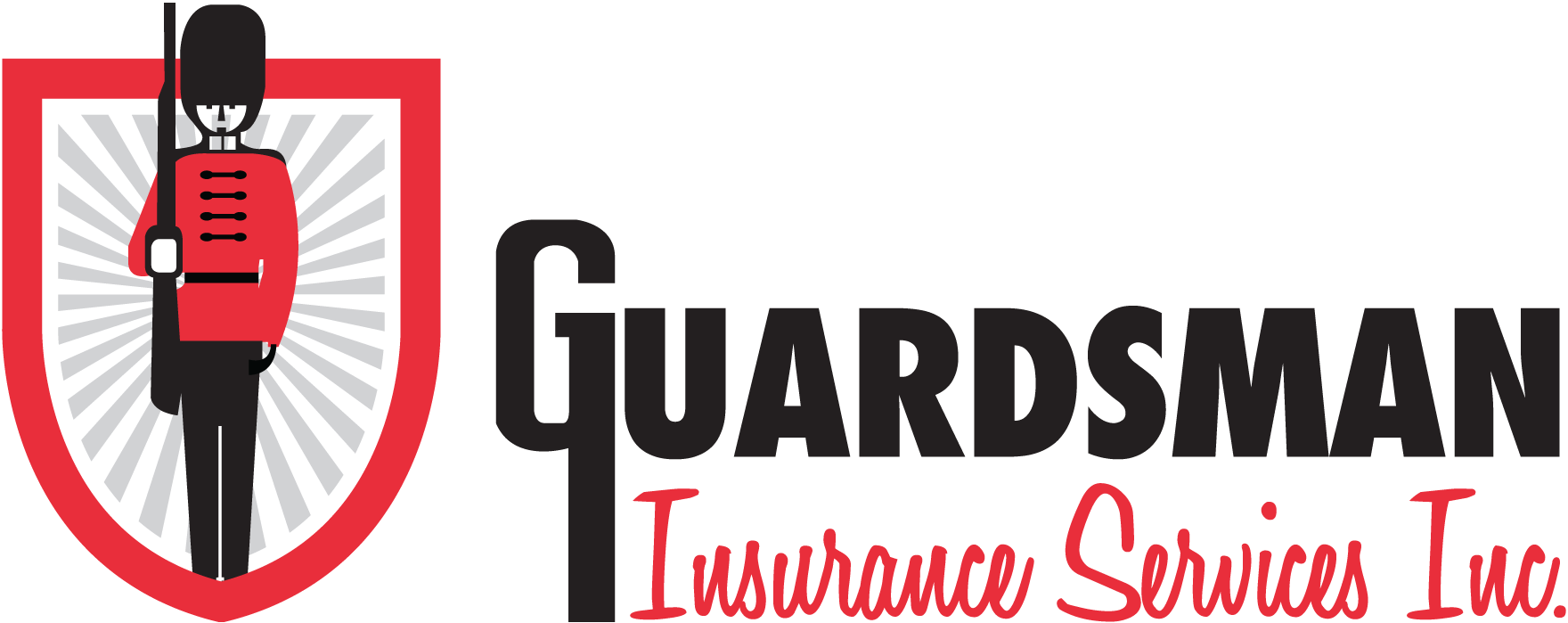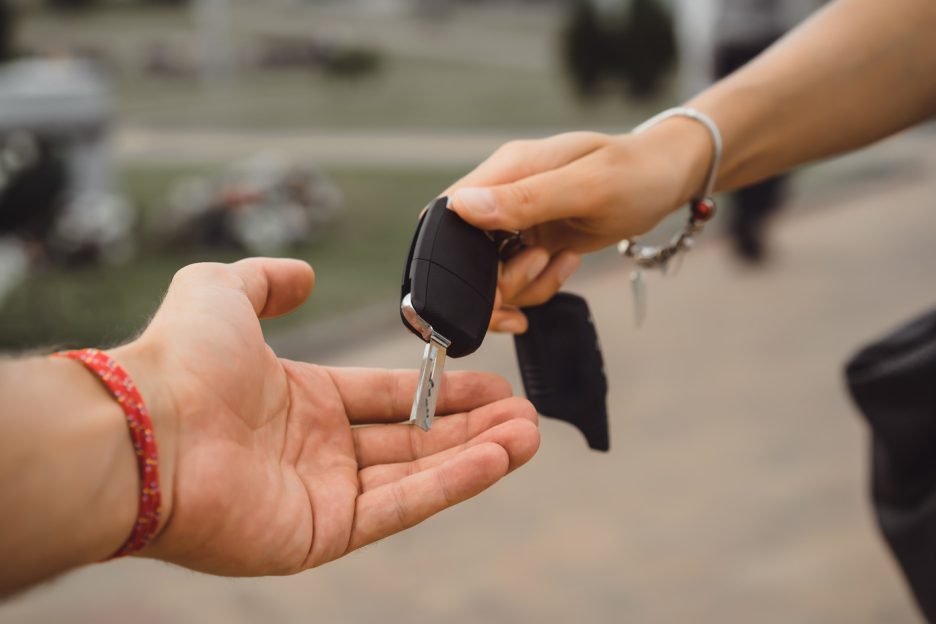The process of “re-vinning” entails altering the Vehicle Identification Number (VIN) of a stolen vehicle, replacing it with a different VIN to create a false appearance of legitimacy.
The motivation behind such illicit activities often stems from the intention to export stolen vehicles overseas. However, not all stolen vehicles find their way abroad; some remain within Canada, sold to unsuspecting members of the public. To mask the theft, criminals engage in the practice of affixing a “new” VIN to the stolen vehicle, which may either belong to another vehicle or be entirely fabricated.
Potential buyers should be aware of the risks associated with inadvertently purchasing a re-vinned vehicle. Possession of stolen property can lead to the lawful seizure of the vehicle by law enforcement, financial loss for the buyer, and potential denial of insurance claims. Knowingly purchasing a stolen vehicle may result in criminal charges.
To safeguard against falling victim to the re-vinning scheme, consider the following five professional tips:
- Thoroughly Vet the Seller: When engaging in a vehicle transaction, request comprehensive information from the seller, including their name, address, email, phone number, and identification. For transactions with dealerships, cross-reference names through the Ontario Motor Vehicle Industry Council (OMVIC) and verify GST/HST numbers on the Canada Revenue Agency (CRA) online registry.
- Leverage CarFax Reports: Get a CarFax report to gain insight into the vehicle’s history. Ensure that the provided details align with the information disclosed by the seller.
- Obtain a Used Vehicle Information Package (UVIP) from the MTO: Have the seller provide a Used Vehicle Information Package (UVIP) from the Ministry of Transportation (MTO). This package, mandated by law, contains essential information, including vehicle details, registration history, lien status, Retail Sales Tax (RST) details, and the bill of sale. (You can also purchase a UVIP yourself from ServiceOntario with the VIN for the vehicle).
- Professional Inspection by a Certified Mechanic: Prior to finalizing a purchase, enlist the services of a reputable mechanic to conduct a thorough inspection, providing assurance of the vehicle’s authenticity.
- Exercise Due Diligence and Inquire: Ask pertinent questions:
-
- Assess the fairness of the vehicle’s market price.
- Evaluate the chosen meeting location; consider secure environments such as police station parking lots for transactions.
- Scrutinize payment methods, and insist on a comprehensive bill of sale.
Remaining vigilant and adhering to these professional guidelines will fortify your defenses against the potential pitfalls associated with re-vinned vehicles. Conducting due diligence is your best way to protect against purchasing a re-vinned vehicle.

